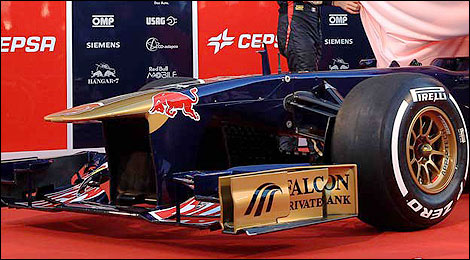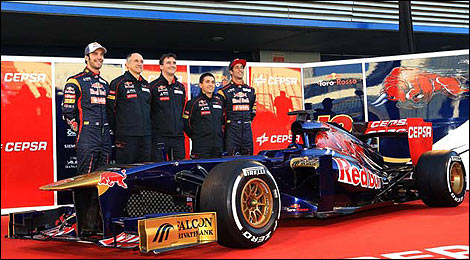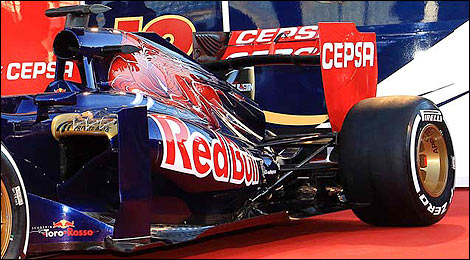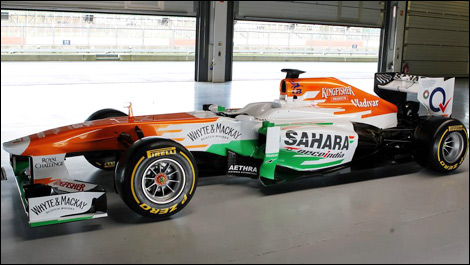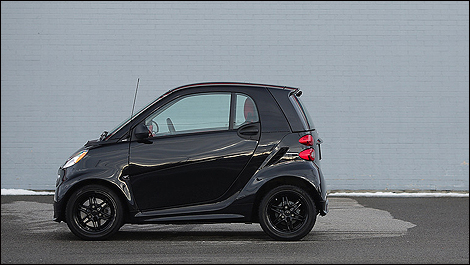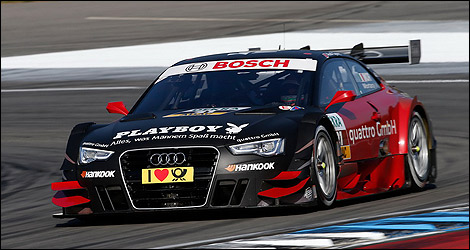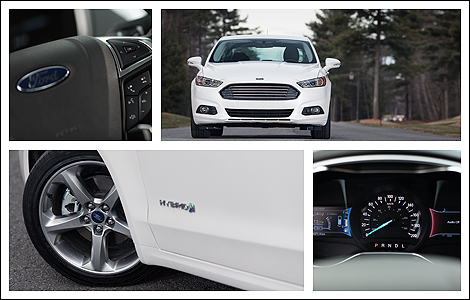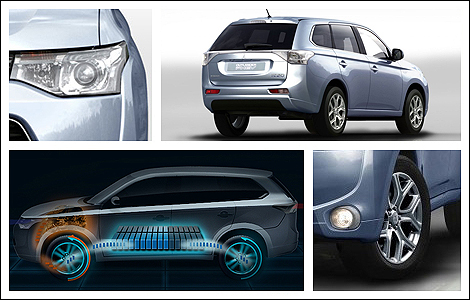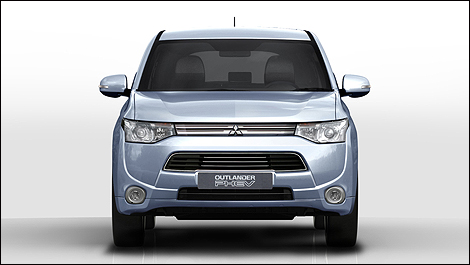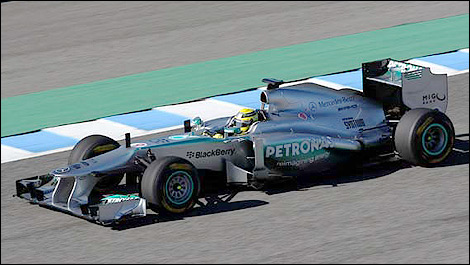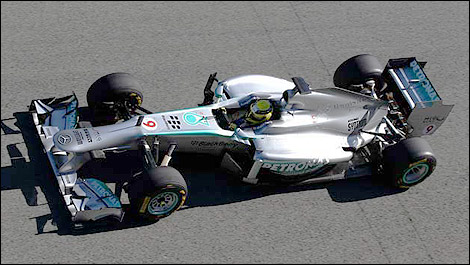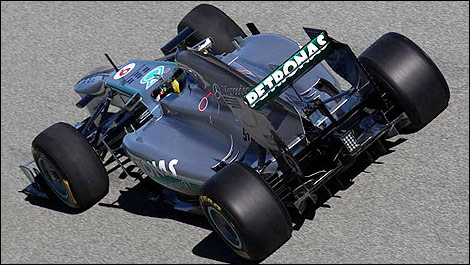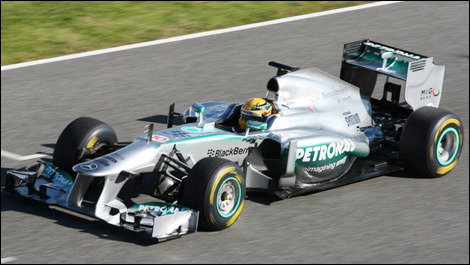My car-testing bud, Miranda, and I are like-minded when it comes to hybrids: we're no huge fans. This belief has been put to the test, and Miranda was won over by the
Lexus CT200h a short while back. As far as I'm concerned, the
2013 Ford Fusion Hybrid has done it for me.
There is no doubt that the new Fusion is one hot looking midsize sedan. Typically, manufacturers screw with a good thing when they hybrid-ize their cars. I'm thinking about the Hyundai Sonata and Kia Optima hybrids; especially, where the Korean makers have messed with the styling of brilliant cars.
The 2013 Ford Fusion Hybrid hits all the necessary marks with its sophisticated and potent powertrain, a CVT that I do not want to feed to a crusher, and an amazingly well crafted cabin that is as attractive as the outer shell.
The drive is serene, poised and comfortable, and few could ever find anything really wrong with the car other than the trunk (and its opening) that is nearly useless,
MyFord Touch and, from where I stand, it does not have an AWD option.
Third generation hybrid FTW
Despite the lack of AWD, the 2013 Ford Fusion Hybrid is nearly perfect.
I'll begin by admitting that the entire week I was driving the car as though I was running from the LAPD on the 405. With this in mind, if I tell you that I averaged 6.5L per 100 km all week, you should be falling off your chair right about now. Ford claims that normal people (read: not me) should be able to average 4.0L; but in the real world, 5.0-5.5L is what one should expect with the 2013 Ford Fusion Hybrid.
The normally aspirated Atkinson-cycle 2.0L 4-cylinder engine produces 141 hp on its own. With the ecological boost (see what I did there?) provided, the permanent magnet AC synchronous motor brings the total horsepower number to a respectable 188.
In the mix, Ford includes a CVT that, unlike most, is responsive and eager. It's not a
2013 Honda Accord CVT, however, it may be tied with the
Mitsubishi RVR's I've recently tested. Perhaps it is the fact that the 2.0L generates a reasonably pleasant tune that ensured sustained motor revs weren't annoying.
The Hybrid system is invisible in most instances, which is what we can expect from advanced hybrid vehicles in 2013. Either way, the 2013 Ford Fusion Hybrid moves with gusto and is actually fun to push.
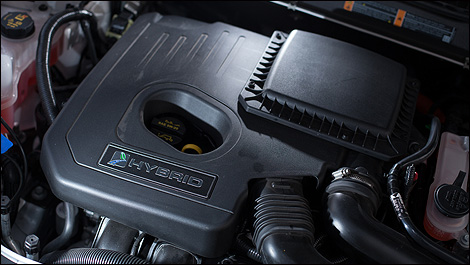 |
| I averaged 6.5L per 100 km all week! (Photo: Sébastien D'Amour) |
Euro drive
And push I did, regardless of the fact that this is a hybrid. What helped tremendously was how well the 2013 Ford Fusion Hybrid handled.
Ford turned to Europe a number of years ago not only for design but suspension and chassis tuning, as well. The result of this decision has transformed Ford into the North American carmaker with the best overall handling fleet of domestic cars.
The 2013 Ford Fusion Hybrid effortlessly tackles the road with sport-sedan sharp reflexes. The beauty here is that the car never works hard to remain stable and sharp. A slight variation in input to the electric power-assisted steering (EPAS) and the car responds with immediate and accurate moves.
Passengers onboard the 2013 Ford Fusion Hybrid are never shuffled or disturbed as the car maintains tremendous composure and control over weight transfers. The fact is that the Fusion's engineers have managed to marry comfort and handling almost perfectly.
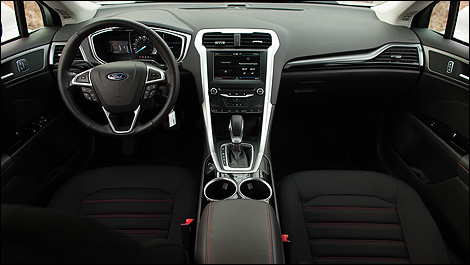 |
| Design, fit and finish are worthy of any Lincoln, and then some. (Photo: Sébastien D'Amour) |
Future styling icon
In the field of aesthetics, the 2013 Ford Fusion Hybrid has few rivals. Other than the aforementioned Koreans, and possibly the upcoming
2014 Mazda6, the Fusion looks like it could be carrying a far more prestigious crest (no offense to Ford) than it does.
As the 2013 Ford Fusion is still quite new, I noticed a number of passersby do double takes, wondering if they had really spotted a Blue Oval at the tip of the bonnet. The gaping grille and profiled headlights perfectly flow back to a well proportioned body.
On the subject of ugly hybrids, the 2013 Ford Fusion Hybrid's $800 appearance package, which adds wheels and a subtle trunk-lid spoiler, ties it all together beautifully.
The cabin is equally elegant and classy: very euro. Design, fit and finish are worthy of any Lincoln, and then some. The seats are not leather in the $29,999 SE trim, but are heated and surprisingly comfortable.
Everything else is nearly flawless -- nearly. The unfortunate MyFord Touch system continues to haunt me. One out of two attempts at rapidly adjusting climate setting was met with no response from Touch. As well, when my wife endeavoured to activate the heated seats with gloves on, they wouldn't.
Also, and although quite spiffy to behold, the
SmartGauge display is informative and distracting, but generally useless when set.
 The latest auto news, reviews, prices, product and vehicle releases.
The latest auto news, reviews, prices, product and vehicle releases. 
